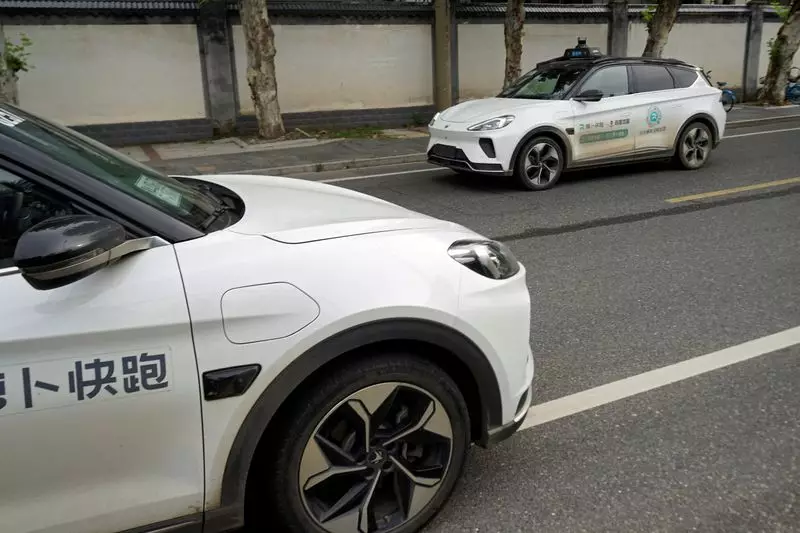Baidu, a leading player in China’s tech landscape, has made a significant move by receiving a license to test its autonomous vehicles through the Apollo robotaxi service in Hong Kong. This development signifies Baidu’s strategic efforts to extend its influence beyond mainland China, which has been the primary focus of its operations. The approval from Hong Kong’s Transport Department marks a pivotal step toward the broader acceptance and implementation of autonomous transportation systems in densely populated urban environments.
The testing phase is set to commence with a highly structured approach, allowing Baidu to deploy only one autonomous vehicle at a time on designated road segments within North Lantau. This method aims to ensure a controlled environment where performance can be closely monitored. The license, which is valid from December 9, 2024, to December 8, 2029, represents a long-term commitment by the Hong Kong government to foster the development and safety of innovative transportation technologies. A notable aspect of this trial is the requirement for a backup operator to be present in the vehicle, ensuring an added layer of safety especially as the technology is still in its nascent stages.
The Regulatory Landscape in Hong Kong
The Hong Kong government’s proactive stance on promoting autonomous vehicles since 2017 has laid the groundwork for this initiative. The recent implementation of a new regulatory framework in March has paved the way for more extensive trials, addressing both logistical and safety concerns associated with autonomous vehicle operation on public roads. This regulatory evolution not only facilitates Baidu’s testing but also reflects a broader acceptance of automated technologies within urban transportation strategies.
Baidu’s Apollo Go service has already established a robust presence across several Chinese cities, boasting the largest fleet of over 400 autonomous vehicles concentrated in Wuhan. This successful implementation within China provides a strong foundation as the company aims to scale its services internationally. According to reports from the Wall Street Journal, Baidu’s ambitions extend to other regions like Singapore and the Middle East, where the appetite for innovative transportation solutions is growing.
Baidu’s successful testing in Hong Kong could herald a new chapter for autonomous vehicles globally. As more cities lose their reluctance to embrace automated technologies, the potential for widespread commercial applications grows. This not only signifies a shift in urban mobility paradigms but also hints at potential socio-economic impacts, such as reduced traffic congestion and increased efficiency in public transport logistics. However, as the competition among tech giants intensifies to commercialize autonomous driving, the road ahead will likely come with its unique challenges, including regulatory hurdles and public acceptance.
Baidu’s initiative in Hong Kong is a testament to the increasing momentum toward realizing the vision of fully autonomous urban transport and signals that the future of mobility may be ready to roll out on a larger scale.

